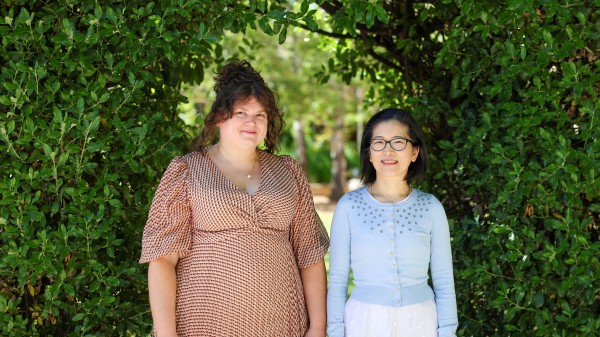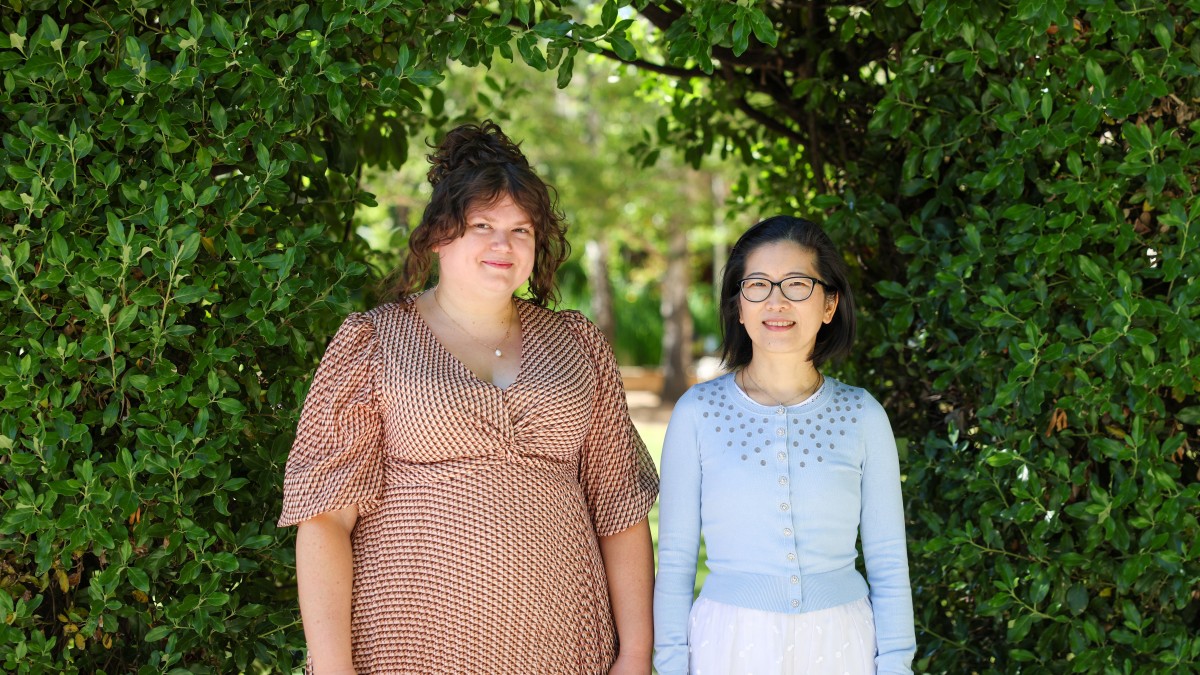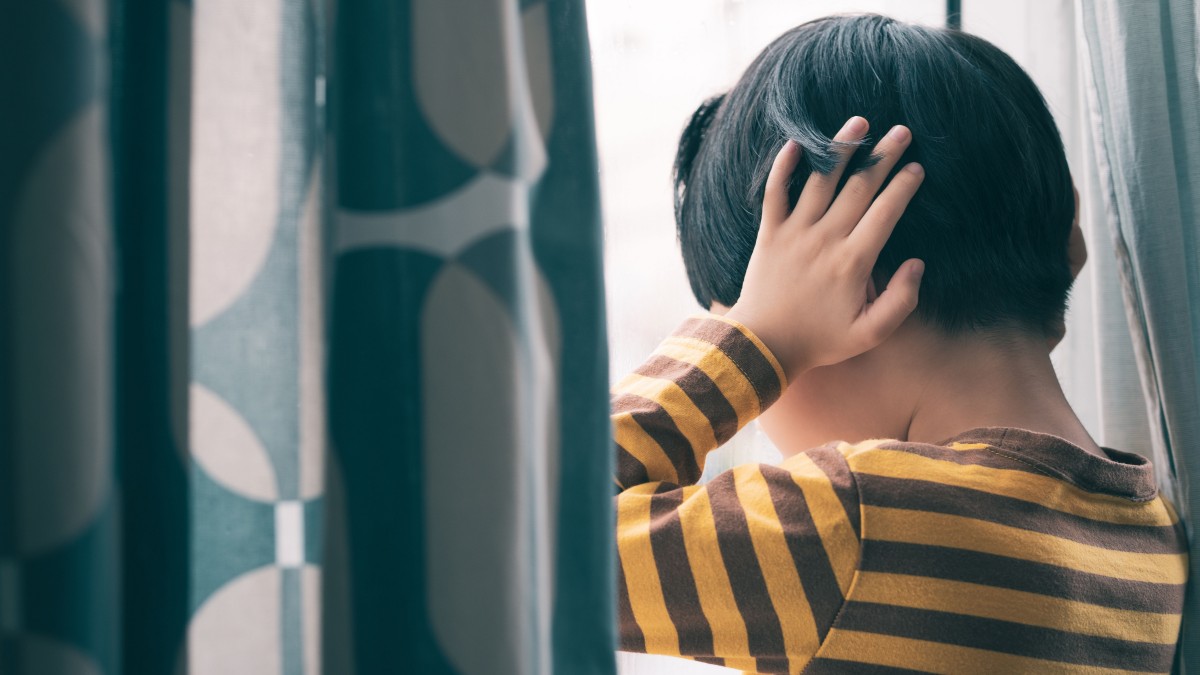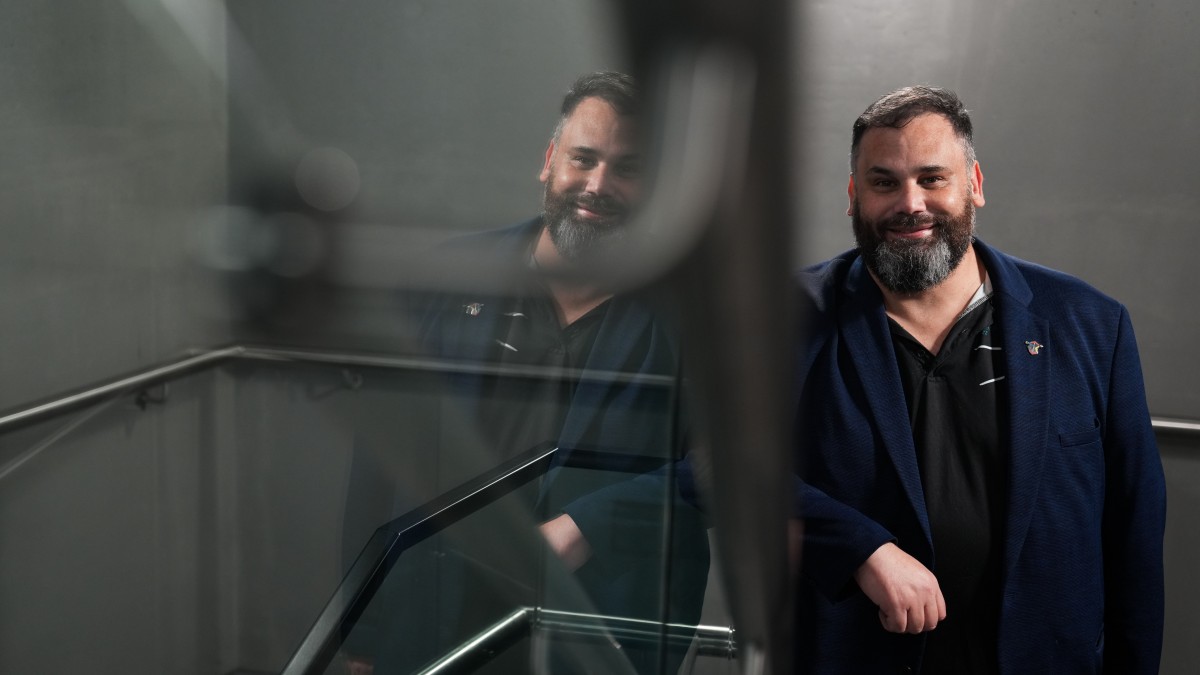Trained psychologists encounter people from a range of backgrounds — often in challenging or sensitive circumstances. But this reality has not always been reflected in the way institutions are teaching the next generation of practitioners and researchers.
At The Australian National University (ANU), Dr Junwen Chen and Dr Olivia Evans, have created Culture and Psychology, an undergraduate course that addresses the colonial baggage that comes with practicing psychology in Australia.
Within the class, students learn about cross-cultural and Indigenous issues in psychology, including in the context of working with First Nations Australians.
Evans, who is a Gomeroi woman, used her dissatisfaction with her own education to shape the course.
“I was disappointed after finishing my undergraduate psychology degree some years ago that I didn’t see myself, my family or my culture represented in what I was taught,” Evans says.
“This course is one of the ways I am trying to improve things for the next generation of Indigenous psychology students.”
Chen says diversity and culture were often overlooked in curriculums and that psychology can be quite a Eurocentric science.
“For myself, coming to teaching with a clinical background, I felt there was not enough cultural contexts and cultural considerations taught in psychology in Australia, especially considering Australia is such a multicultural country,” she says.
It was only as recently as 2019 that cultural responsiveness was mandated as a core competency for psychology students by the Australian Psychological Accreditation Council.
Culture and Psychology, which won both the Vice-Chancellor’s award for Indigenous Education and the Vice-Chancellor’s Award for Reconciliation in 2023, taps into a broader conversation about how psychology as a science has treated Indigenous Australians.
Today, Indigenous adults are about two times more likely to experience high levels of psychological distress than non-Indigenous adults. Research has linked racism to poor health and wellbeing outcomes among Indigenous Australians, with discrimination said to contribute up to half of the burden of psychological distress among Aboriginal and Torres Strait Islander adults.
In 2017, the Australian Psychological Society (APS) issued a formal apology to Aboriginal and Torres Strait Islander people, acknowledging psychology’s contribution in the erosion of culture and mistreatment of Indigenous peoples:
“We, as psychologists, have not always listened carefully enough to Aboriginal and Torres Strait Islander people. We have not always respected their skills, expertise, world views, and unique wisdom developed over thousands of years.”
This loaded history is not something that Evans and Chen shy away from.
“Understanding the colonial roots of psychology is one of the ways that we get students to start thinking about how psychology has been shaped and who has been in charge of that shaping in Australia and internationally,” Evans says.
“We think that it is important not to try to sanitise or avoid talking about these things or put things off limits.”
As part of the subject, students are taught how to apply their knowledge of cross-cultural differences to instances in their real lives.
“Sometimes students can have some anxiety or uncertainty when starting the course about how to talk about these issues. Usually when finishing the course we find that they are much more confident and feel that we’ve given them skills to start thinking about and working in these areas,” Chen adds.
Work to make psychology a more welcoming place for Indigenous people, in teaching and beyond, is only just starting.
“It has been very heartening to see the amount of engagement and commitment to reconciliation and decolonisation in Australian psychology over the last few years,” Evans says.
“I’m excited that the next generation of psychology graduates in Australia will have a much better understanding of Indigenous Psychology, colonisation, and the ways that culture and psychology intersect.”
Chen echoes this sentiment.
“Our course is a tiny drop in this ocean, but we hope the ripples from it will spread over time.”
- This article was first appeared at ANU Reporter.
- Nominations for the 2024 Vice-Chancellor’s Award for Reconciliation are open until Friday, 3 May 2024.










